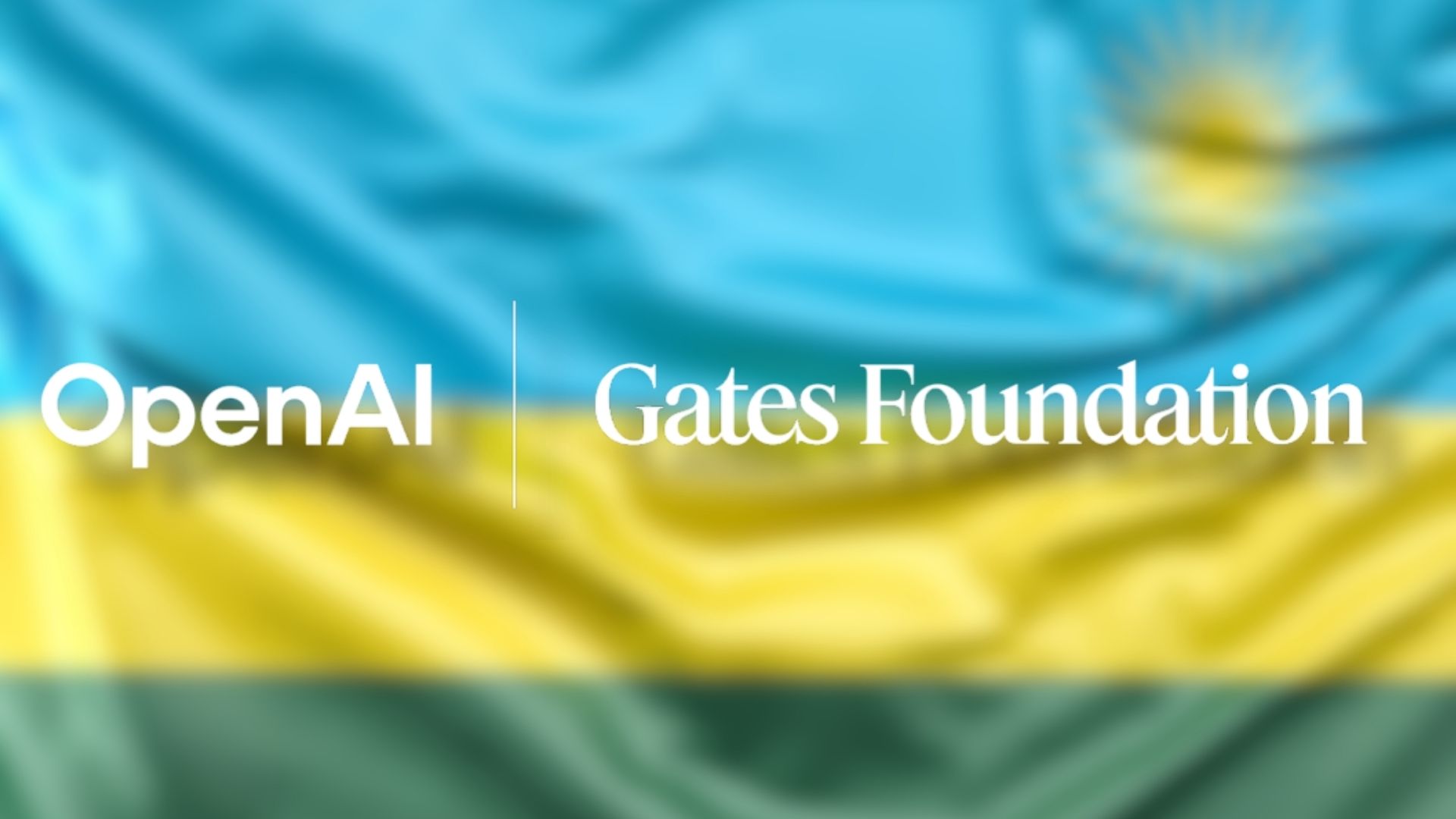Anthropic has published a new constitution for its AI model Claude, outlining the values, priorities, and behavioural principles designed to guide its development. Released under a Creative Commons licence, the document aims to boost transparency while shaping Claude’s learning and reasoning.
The constitution plays a central role in training, guiding how Claude balances safety, ethics, compliance, and helpfulness. Rather than rigid rules, the framework explains core principles, enabling AI systems to generalise and apply nuanced judgment.
Anthropic says this approach supports more responsible decision-making while improving adaptability.
The updated framework also enables Claude to refine its own training through synthetic data generation and self-evaluation. Using the constitution in training helps future Claude models align behaviour with human values while maintaining safety and oversight.
Anthropic described the constitution as a living document that will evolve alongside AI capabilities. External feedback and ongoing evaluation will guide updates to strengthen alignment, transparency, and responsible AI development.
Would you like to learn more about AI, tech and digital diplomacy? If so, ask our Diplo chatbot!










